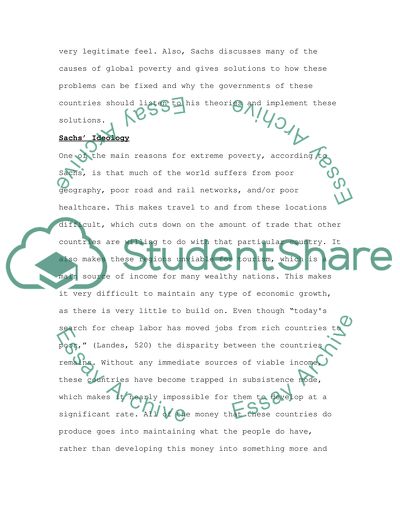Cite this document
(The End of Poverty by Jeffrey Sachs Book Report/Review, n.d.)
The End of Poverty by Jeffrey Sachs Book Report/Review. Retrieved from https://studentshare.org/macro-microeconomics/1539509-global-hunger
The End of Poverty by Jeffrey Sachs Book Report/Review. Retrieved from https://studentshare.org/macro-microeconomics/1539509-global-hunger
(The End of Poverty by Jeffrey Sachs Book Report/Review)
The End of Poverty by Jeffrey Sachs Book Report/Review. https://studentshare.org/macro-microeconomics/1539509-global-hunger.
The End of Poverty by Jeffrey Sachs Book Report/Review. https://studentshare.org/macro-microeconomics/1539509-global-hunger.
“The End of Poverty by Jeffrey Sachs Book Report/Review”. https://studentshare.org/macro-microeconomics/1539509-global-hunger.


